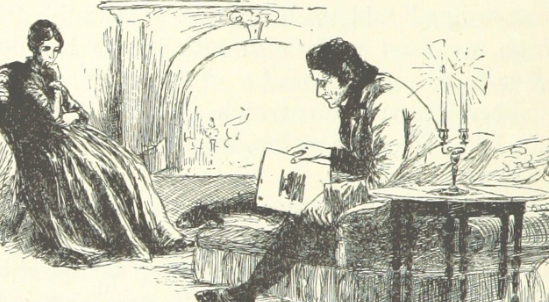How Jane Eyre Challenges Gender Norms
Charlotte Brontë’s Jane Eyre has long been celebrated not just as a cornerstone of English literature, but also as a radical text that challenges 19th-century gender norms. With its complex protagonist and her journey towards self-empowerment, the novel raises important questions about identity, independence, and societal expectations. Exploring how Jane disrupts traditional gender roles can offer valuable insights into both the historical context and the timeless struggles for equality.
Defining Feminine Identity Through Agency
One of the most striking aspects of Jane Eyre is its portrayal of a female character who seeks autonomy in a world that often seeks to confine her. From a young orphan to a governess, Jane refuses to be passive. She challenges the limited roles available to women by asserting her desires and needs, whether through her education or her refusal to succumb to Mr. Rochester’s controlling nature. Jane’s declaration that she must “be my own” encapsulates her struggle against societal pressures, and this theme resonates with readers even today.
Critiquing Marriage and Love
In the 19th century, marriage was often viewed as the ultimate goal for women, a means of securing social status and economic stability. However, Jane Eyre offers a refreshing perspective on romantic relationships. Unlike many of her contemporaries, Jane values mutual respect and equality over mere financial security. Her relationship with Mr. Rochester evolves into a partnership, built on genuine affection rather than power dynamics. This critique of traditional marriage invites readers to consider the importance of love as a foundation for meaningful relationships, rather than simply a social contract.
Education as Empowerment
Jane’s quest for knowledge is a significant theme that further challenges gender norms. At a time when women had limited access to education, Jane actively seeks intellectual growth, asserting her right to learn and develop her mind. Her experiences at Lowood School highlight both the transformative power of education and the injustices faced by women. By prioritizing her intellectual development, Jane asserts that women can—and should—be more than mere adornments in society. This emphasis on education remains relevant, encouraging ongoing discussions about access and opportunities for women today.
Conclusion
Jane Eyre remains a powerful narrative that challenges the confines of gender roles and advocates for women’s empowerment. Charlotte Brontë crafted a character who refuses to accept societal limitations, and her story continues to inspire readers to question traditional expectations. If you’re intrigued by Jane’s journey, consider revisiting the text or exploring modern adaptations that highlight her enduring relevance. Let’s keep the conversation going about gender equality and the power of self-identity.
